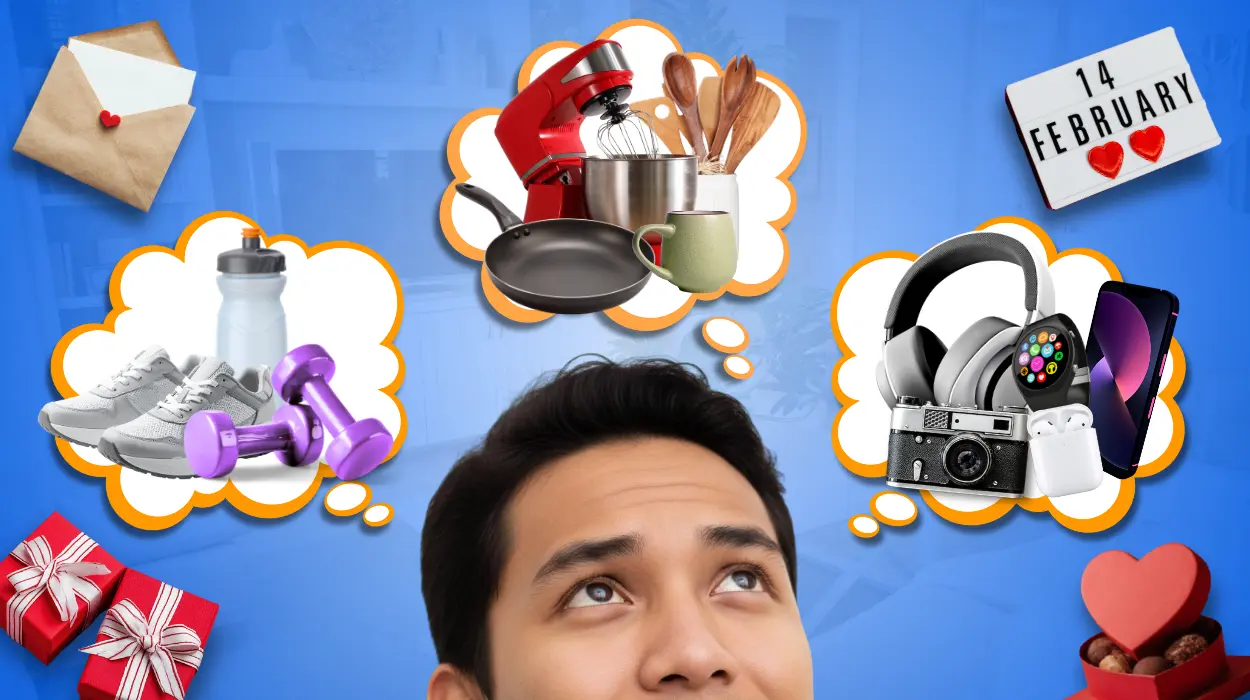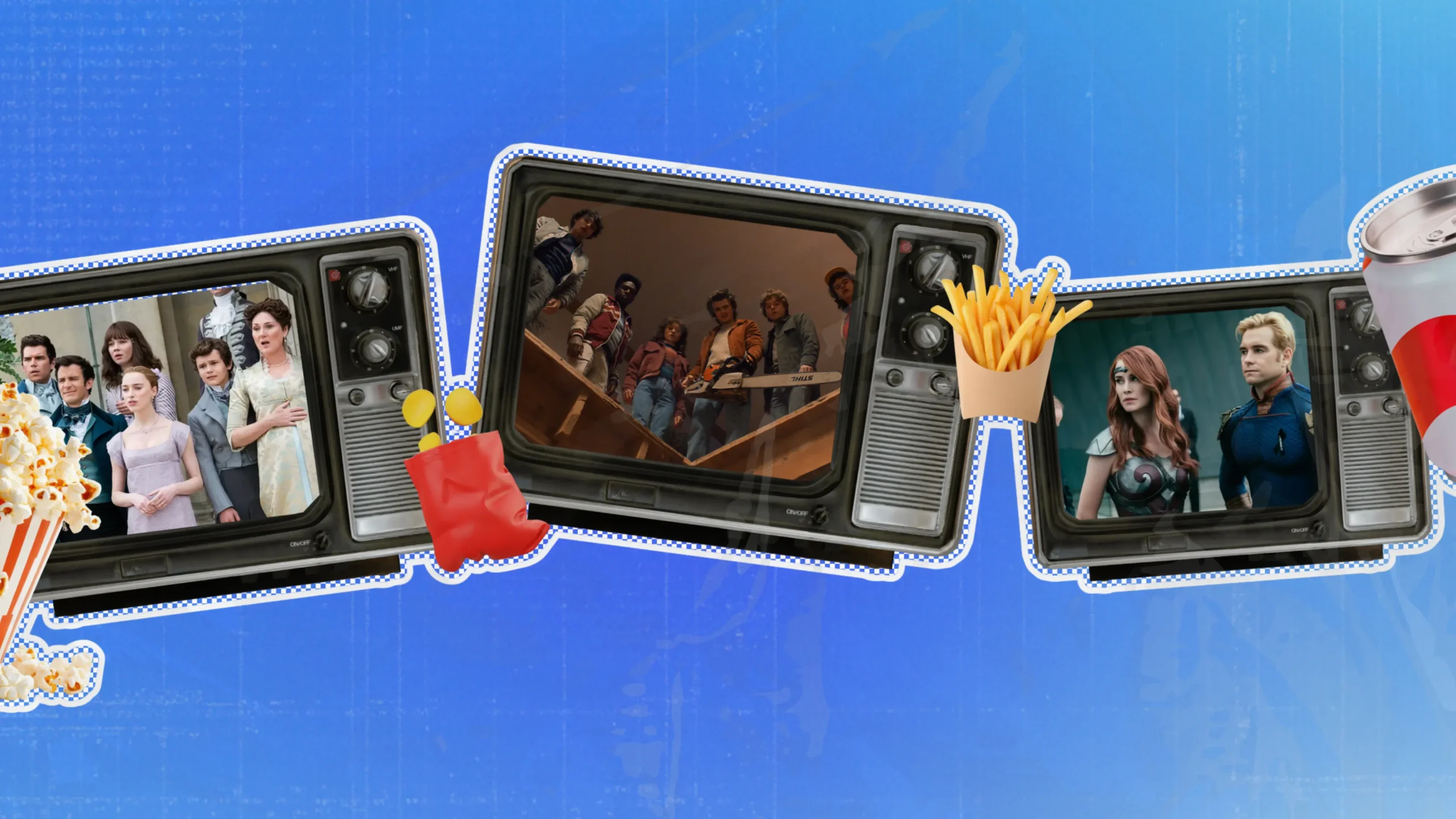Coffee and shopping may seem like an innocent combination, but the effects of caffeine on our minds can have a surprising impact on the decisions we make while shopping.
Everyone knows to not go on a shopping spree on an empty stomach, but that doesn’t count a full cup of coffee. There’s a common misconception that shopping on an energy buzz will make the spree more productive. In reality, studies have shown that caffeine and shopping do not mix, especially when it comes to controlling your impulse purchases.
The hidden cost of caffeine
A recent international study conducted by the University of South Florida (USF) found that caffeine can have a significant impact on the items you buy and the amount of money you spend while shopping. The findings of the study uncovered that shoppers who drank coffee prior to entering a retail store spent about 50% more money and bought almost 30% more items compared to those who drank decaf or water.
Contributors for Appetite—an international research journal specializing in psychological influences on the intake of foods and drinks—suggested that caffeine stimulates the brain’s reward center, making individuals more susceptible to impulsive buying.
Caffeine impacts shopping by releasing dopamine in the brain, which enhances impulsivity and decreases self-control. This leads to a higher energetic state and contributes to shopping impulsivity in terms of a higher number of items purchased and greater spending.
Caffeine is also known to have a strong effect on the central nervous system, which can cause feelings of restlessness, nervousness, and jitteriness. When people are shopping, this heightened level of stress can influence them to impulsively make purchases in an effort to alleviate stress. Frivolous purchase equals instant gratification.
The dark side of coffee
Caffeine consumption doesn’t just influence how much coffee drinkers buy, but also what they buy.
The research team at USF found that caffeine impacted what type of items people bought. Those who drank coffee purchased more non-essential items, such as scented candles and fragrances compared to the other shoppers. However, there was a minimal difference between the two groups when it came to utilitarian purchases such as kitchen utensils and storage baskets.
Another study found that caffeine had a similar impact on online shopping behavior. Participants who consumed caffeinated coffee were more likely to make impulsive purchases, like—let’s say— chocolates, a massager, or luxury vacation trips. Meanwhile, those who consumed decaf or water were more likely to make practical purchases, like a simple notebook.
Sip carefully
Moderate caffeine intake can have unintended consequences when shopping, and consumers trying to control impulsive spending should avoid consuming caffeinated beverages before shopping.
It’s no coincidence that coffee shops are strategically placed around your favorite malls, boutiques, and shopping centers. What’s to stop retailers and advertisers from strategically placing caffeine-containing products and advertisements in stores to encourage impulsive buying behavior?
Before you head on to your next shopping spree, perhaps it’s wise to think twice before buying that venti iced chocolate mocha. While it may give you a boost of energy to power through your errand run or haul, it may end up costing you more than you bargained for.
M2.0 Communications is a public relations firm and communications agency in the Philippines that helps brands tell meaningful and data-driven narratives. We offer a range of services including PR advisory, reputation management, stakeholder engagement, and media analytics.



